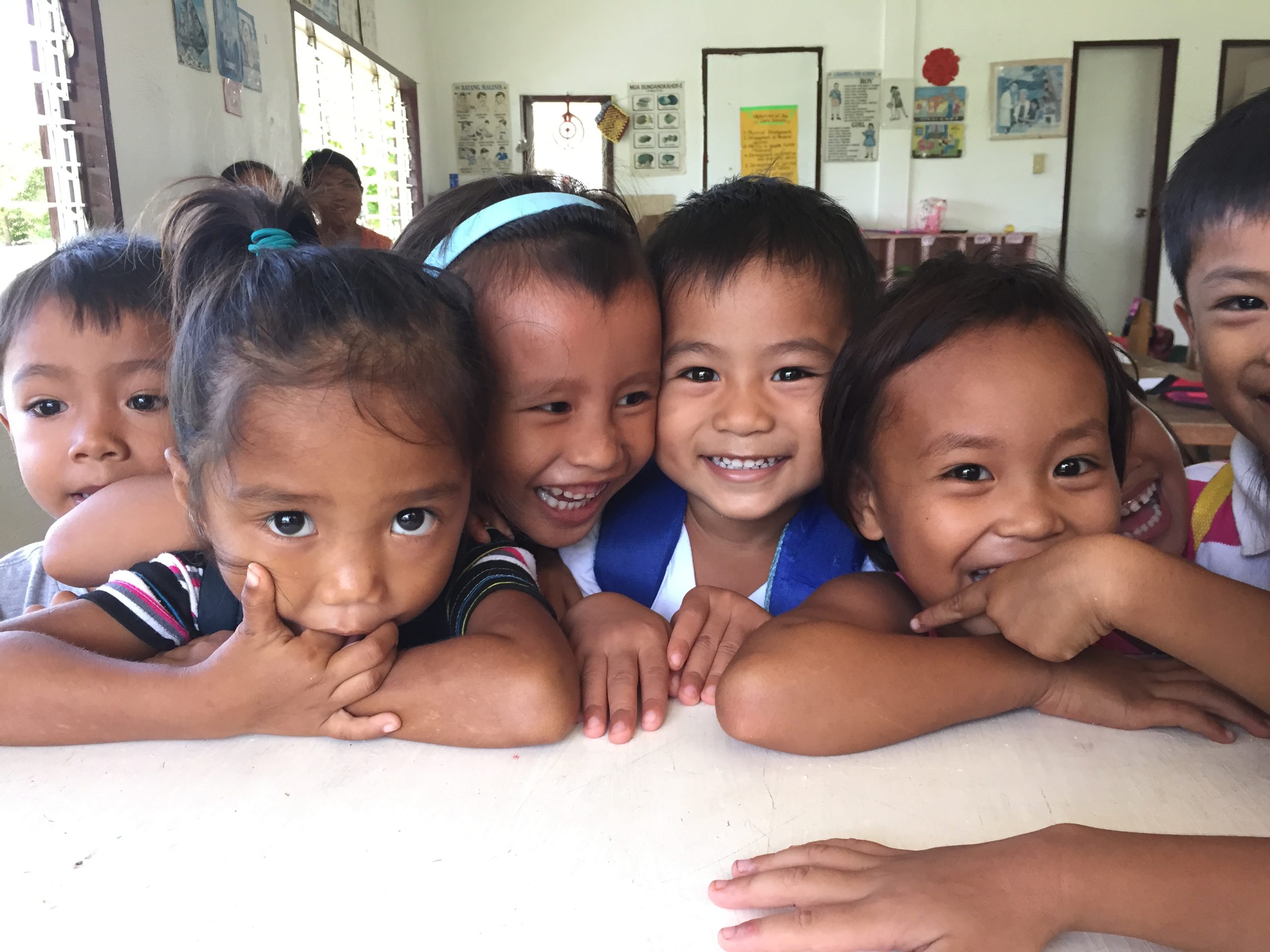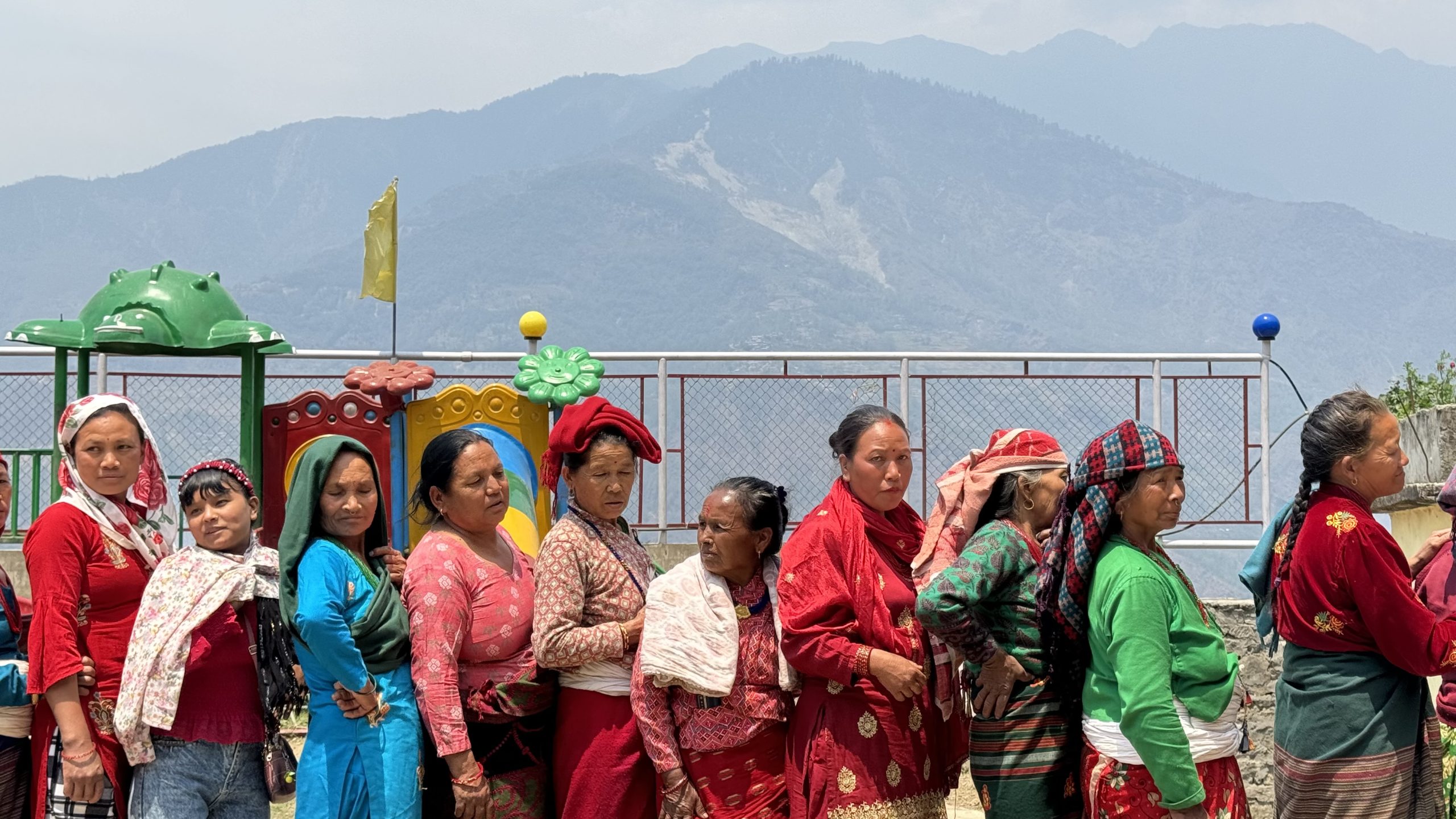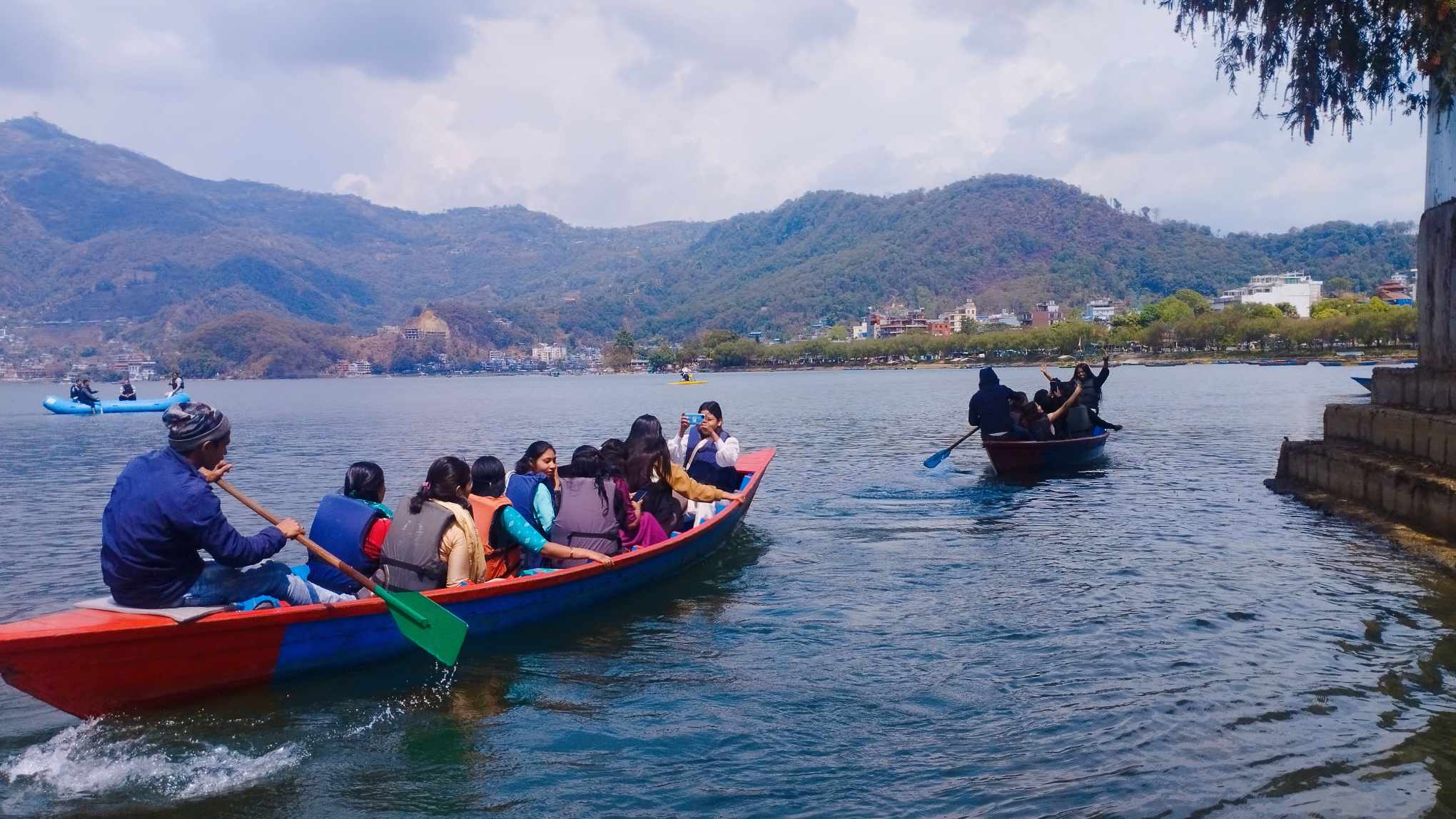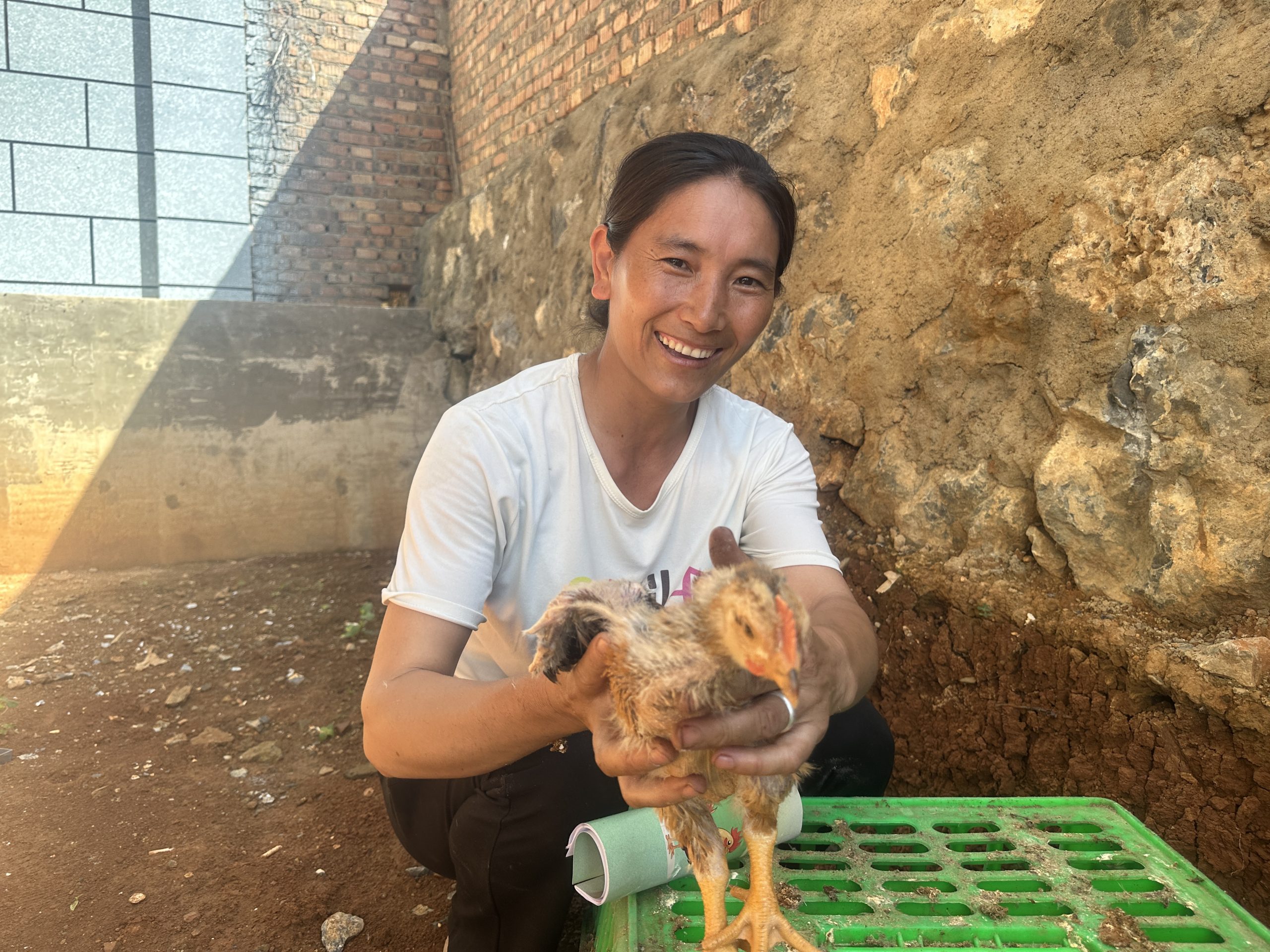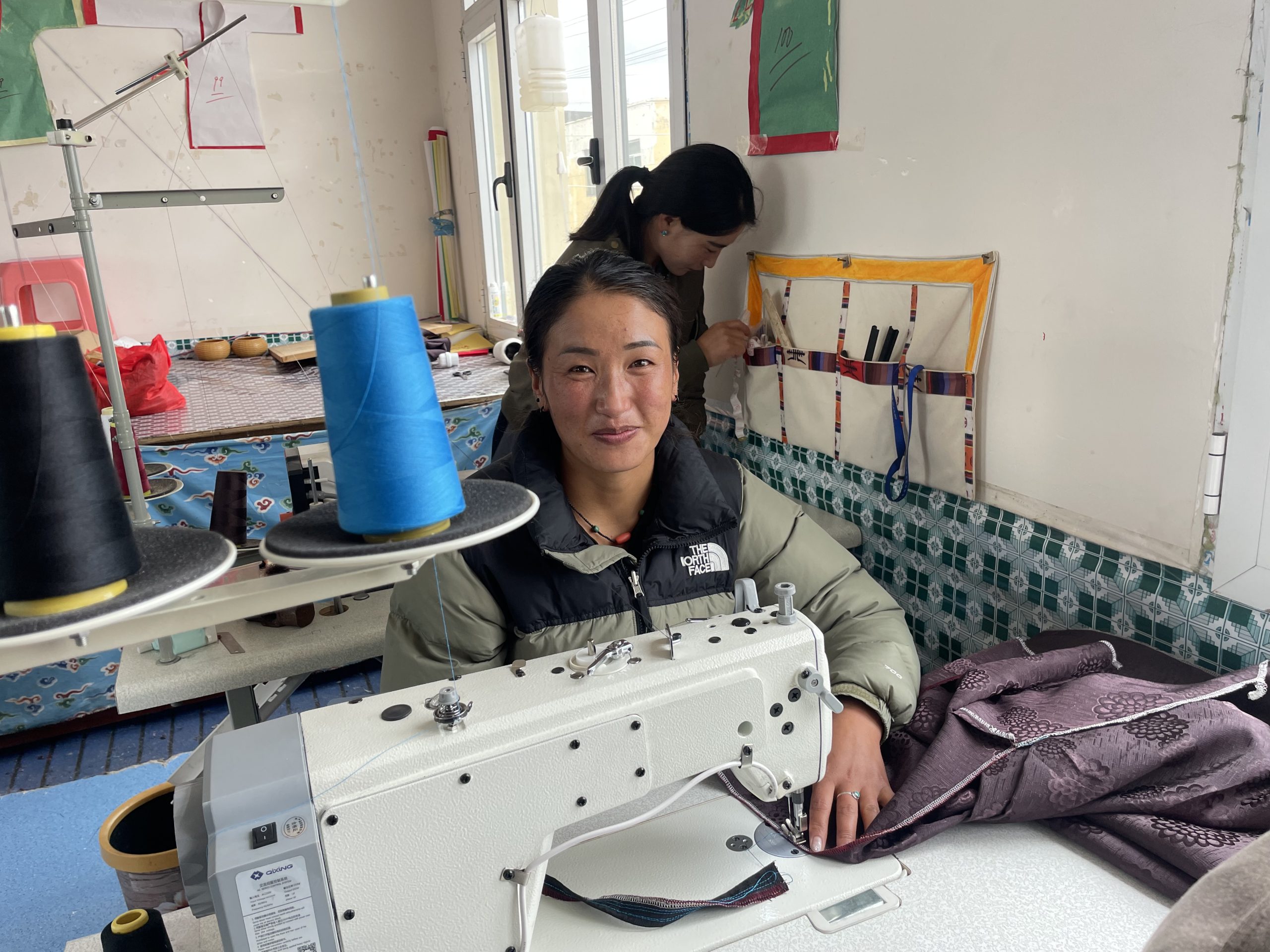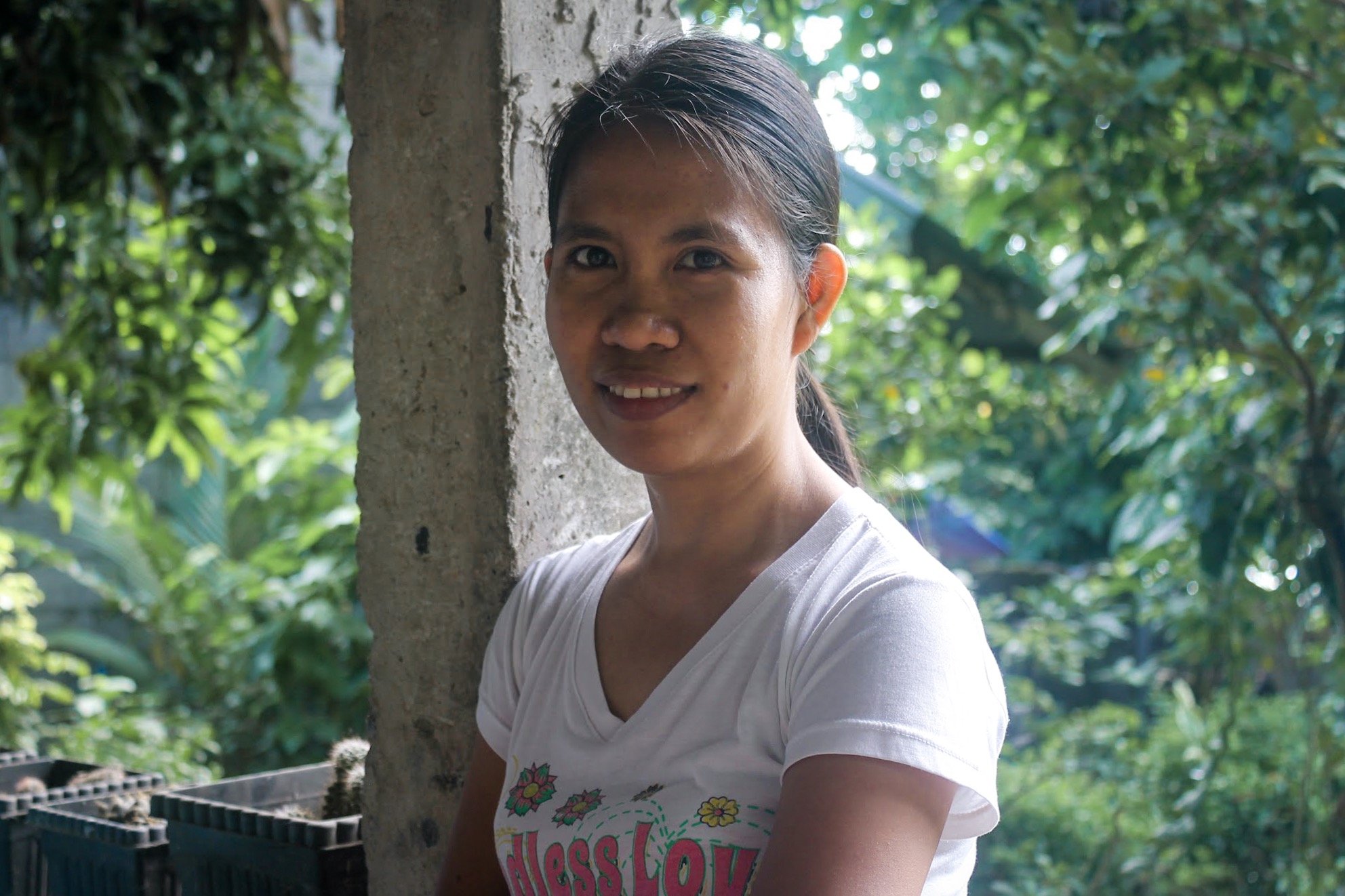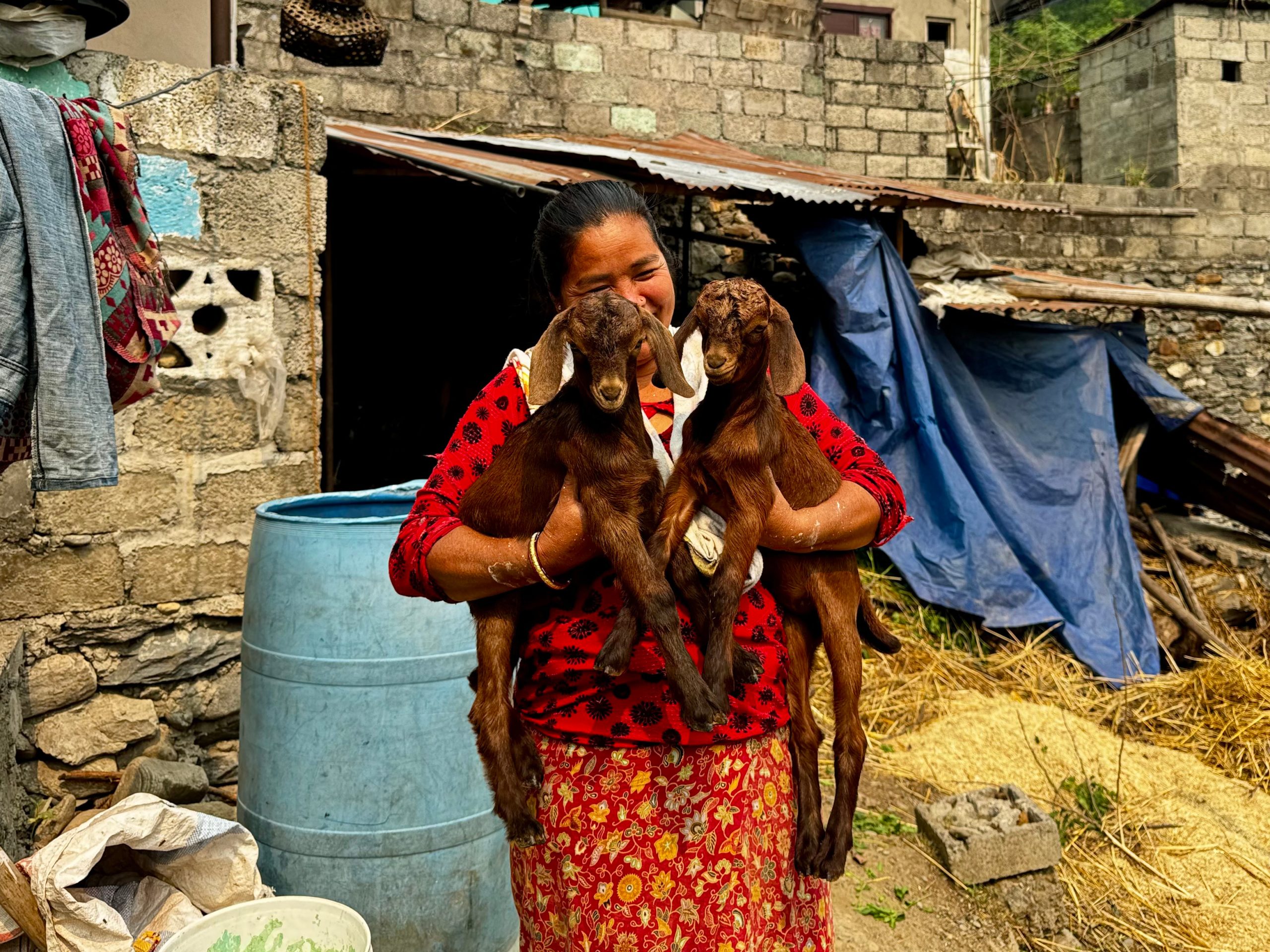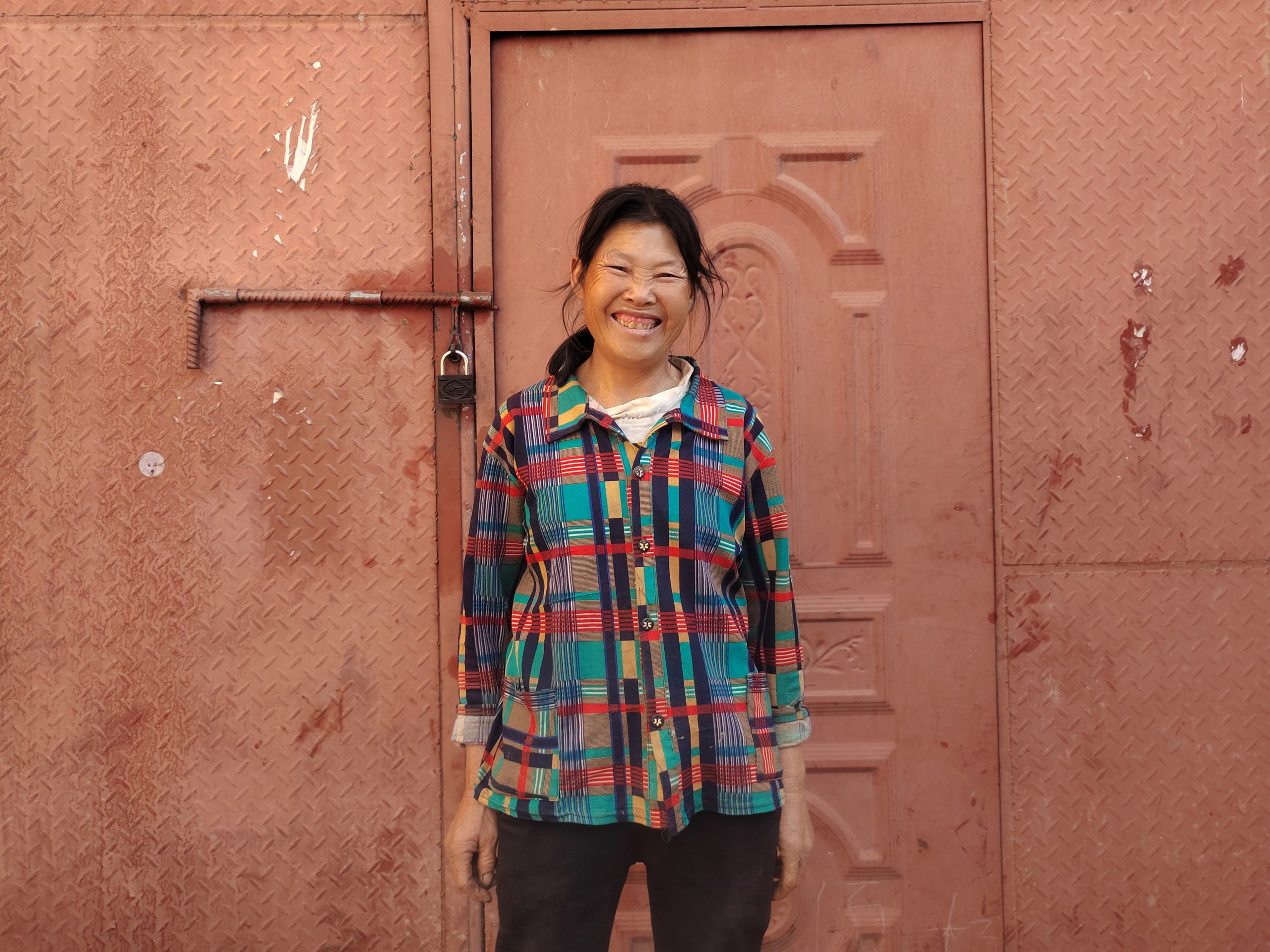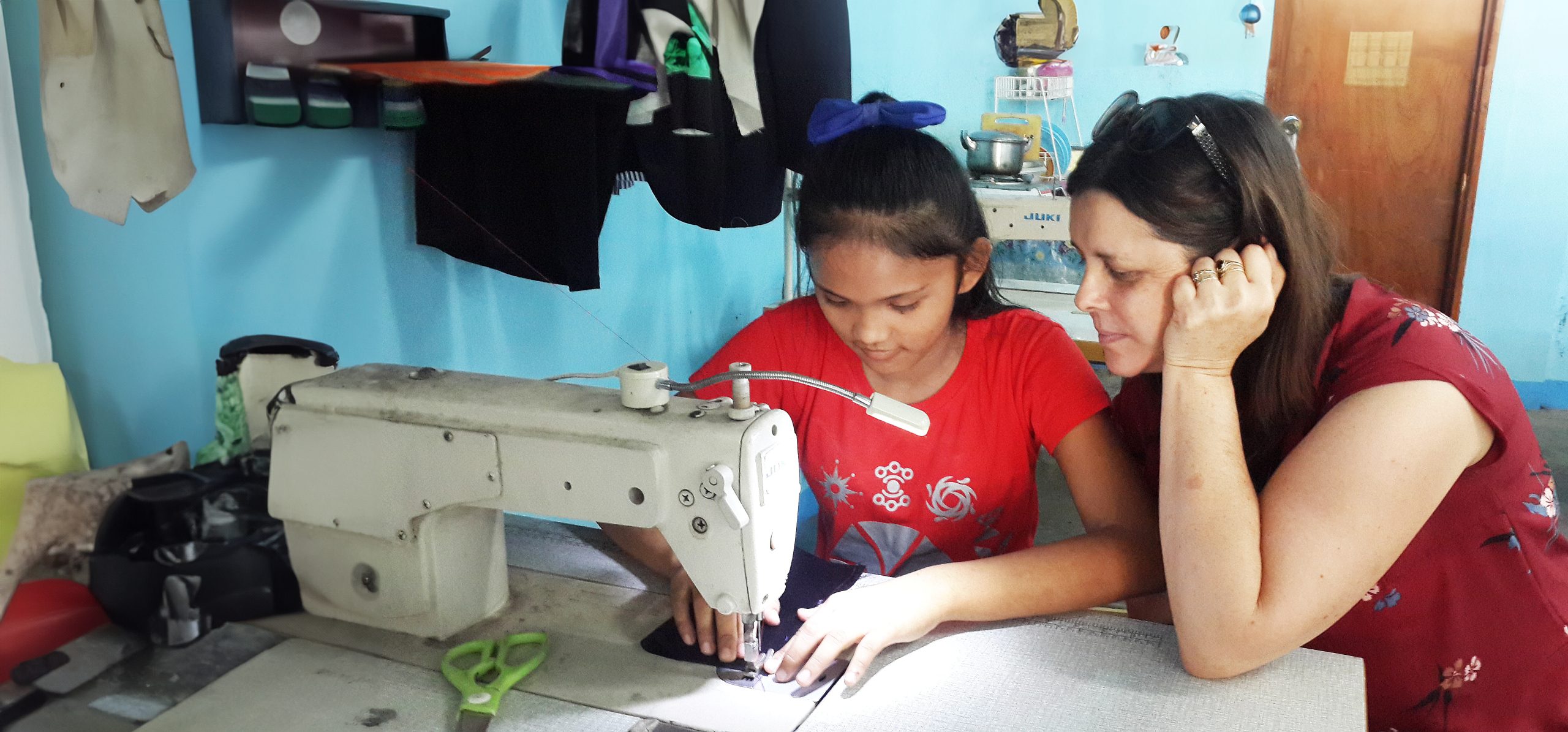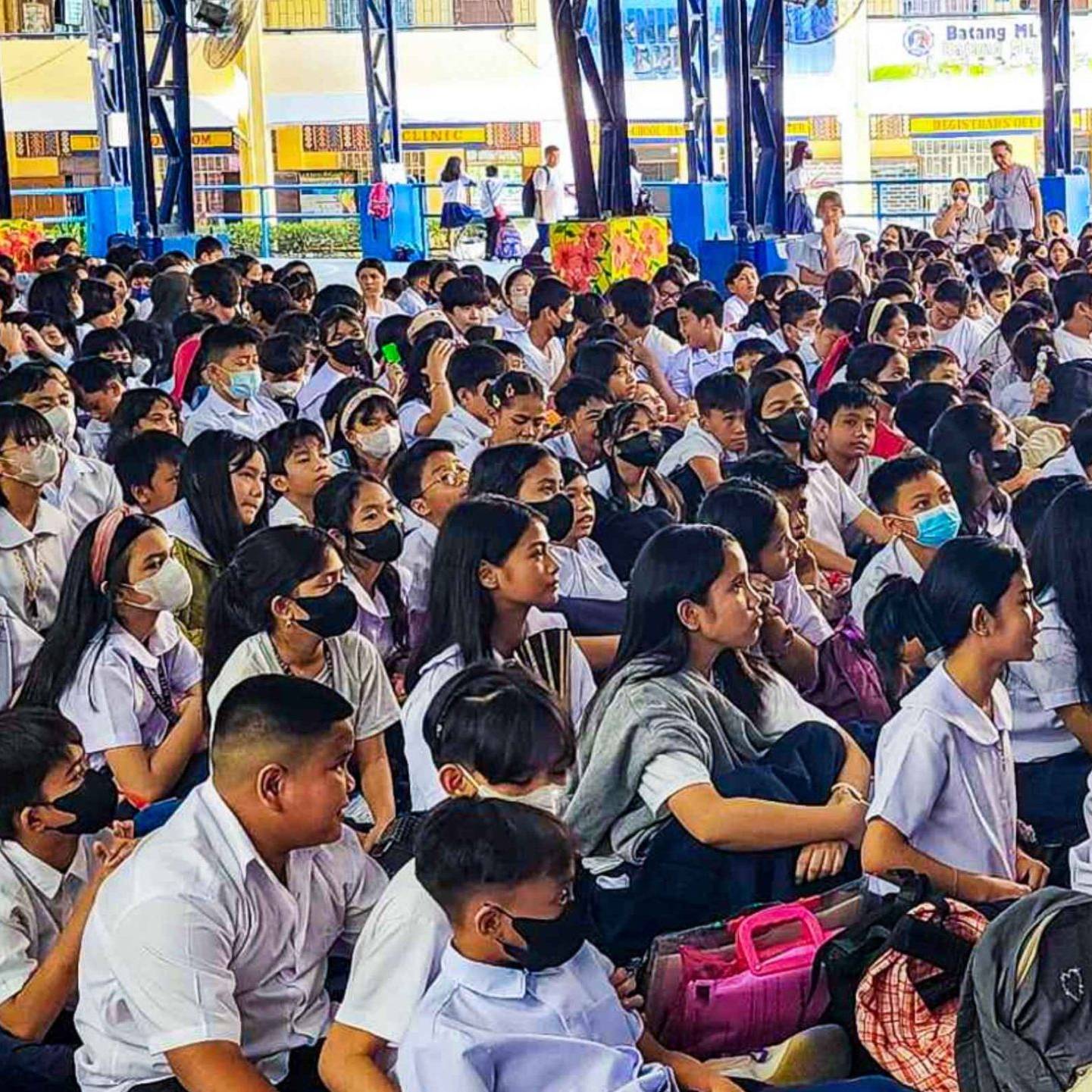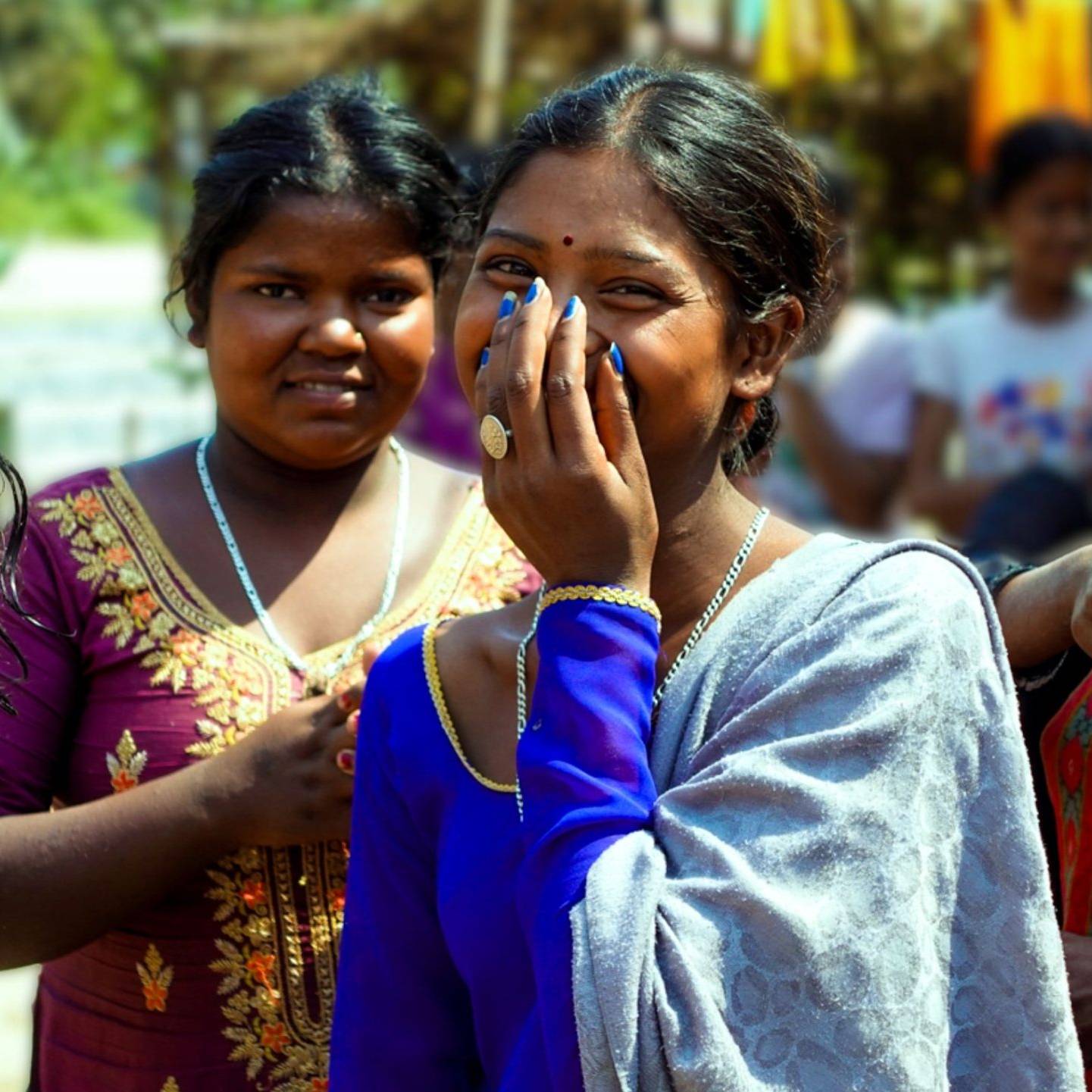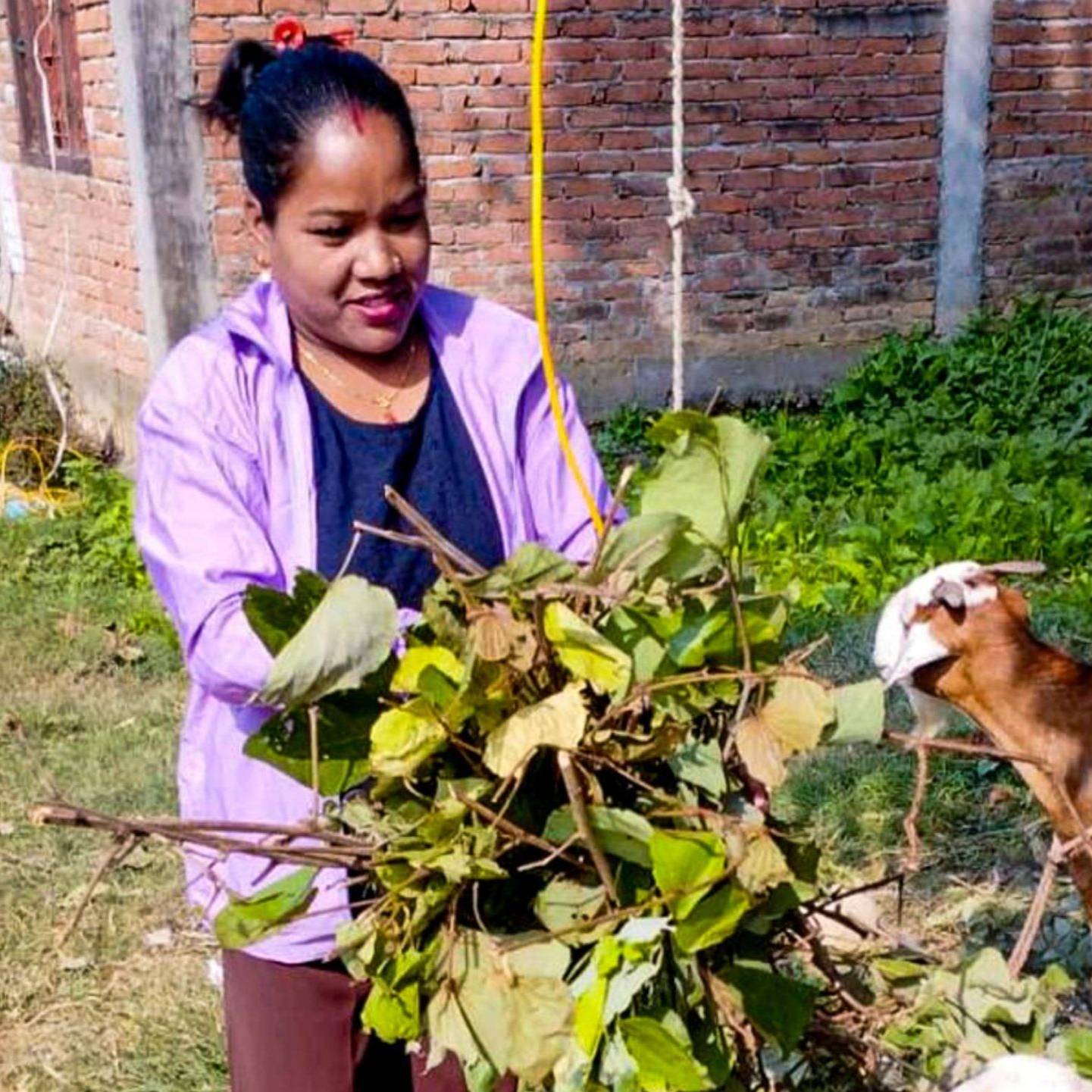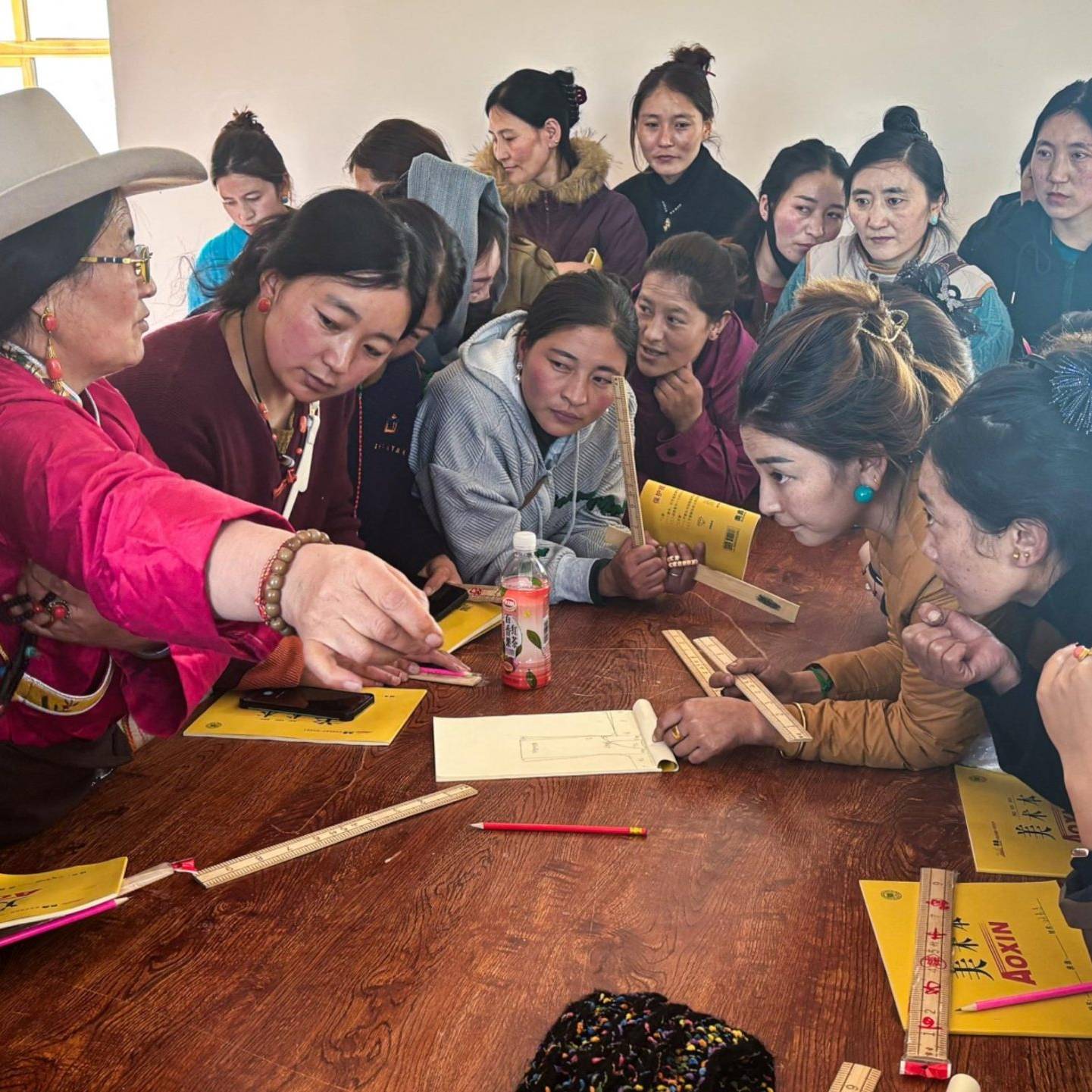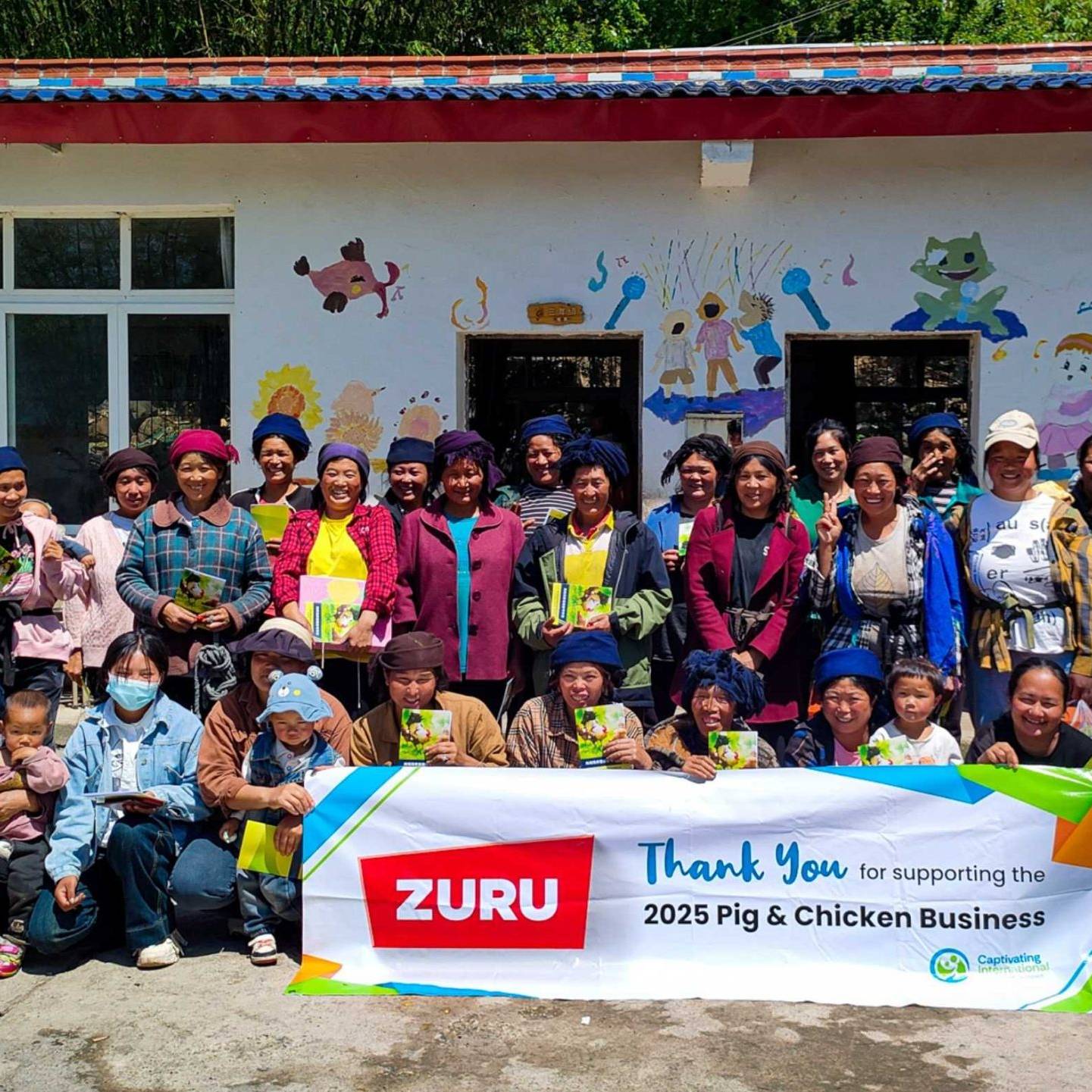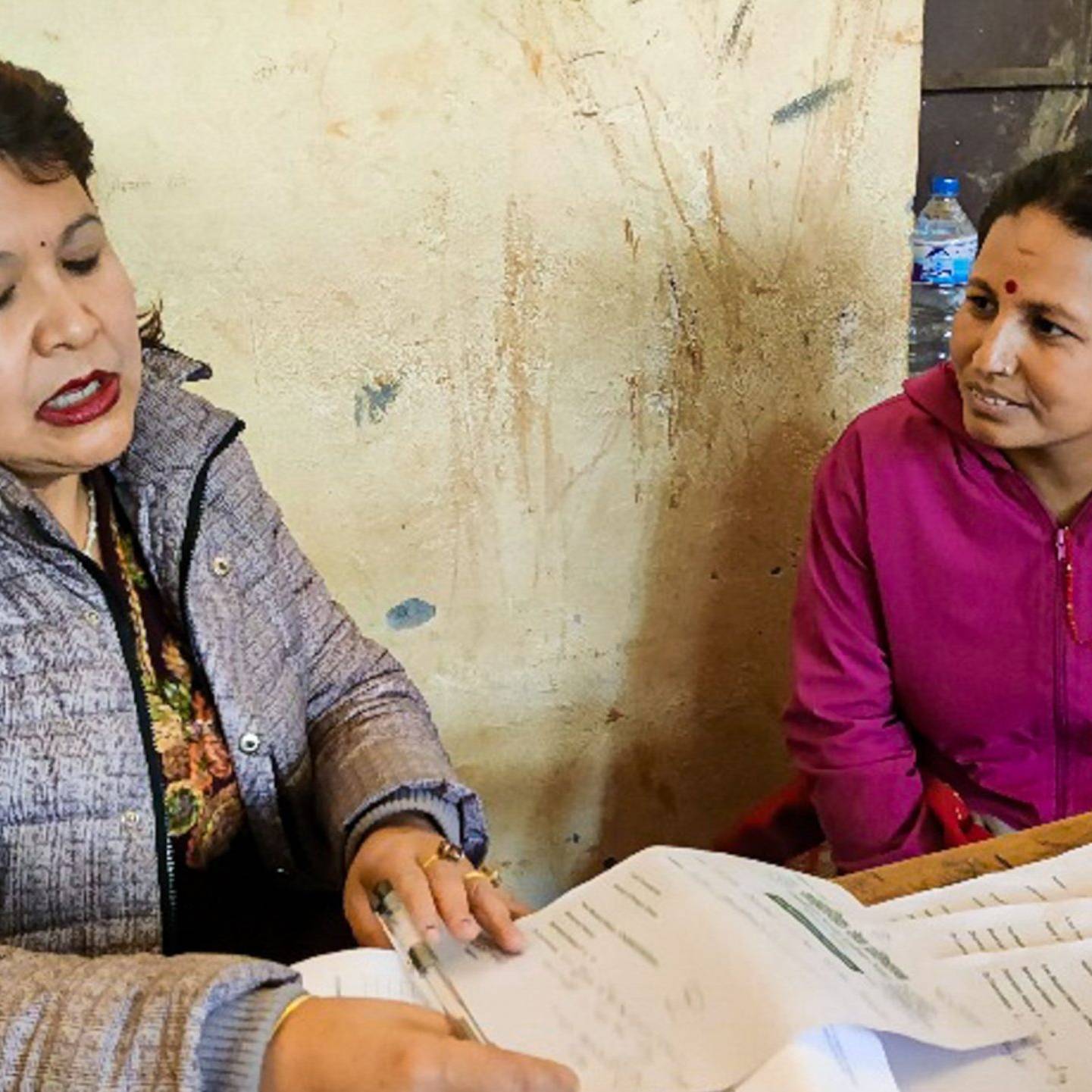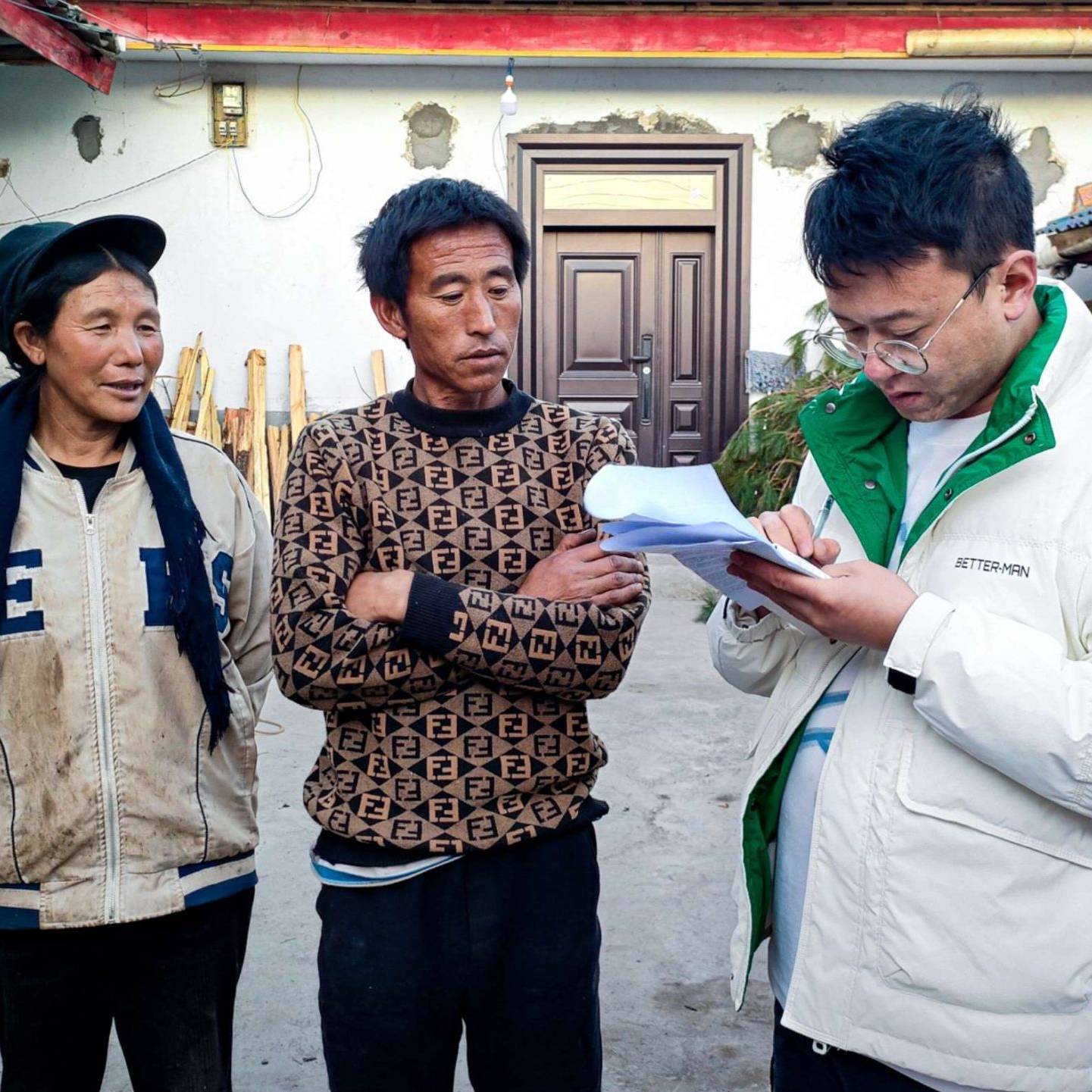Empowering Women
Captivating empowers women by providing the tools and resources they need to build sustainable livelihoods, not just for themselves but also for their families.
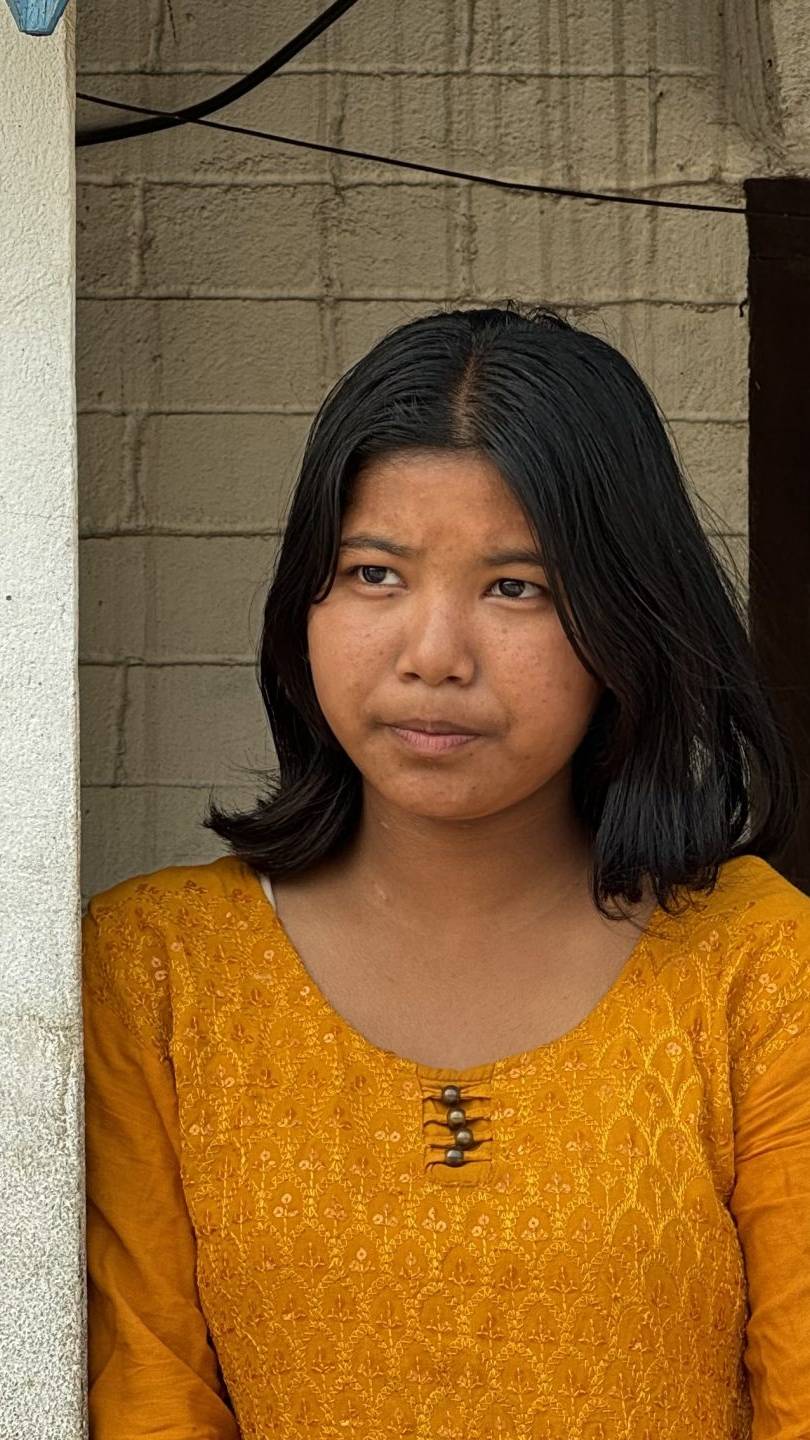
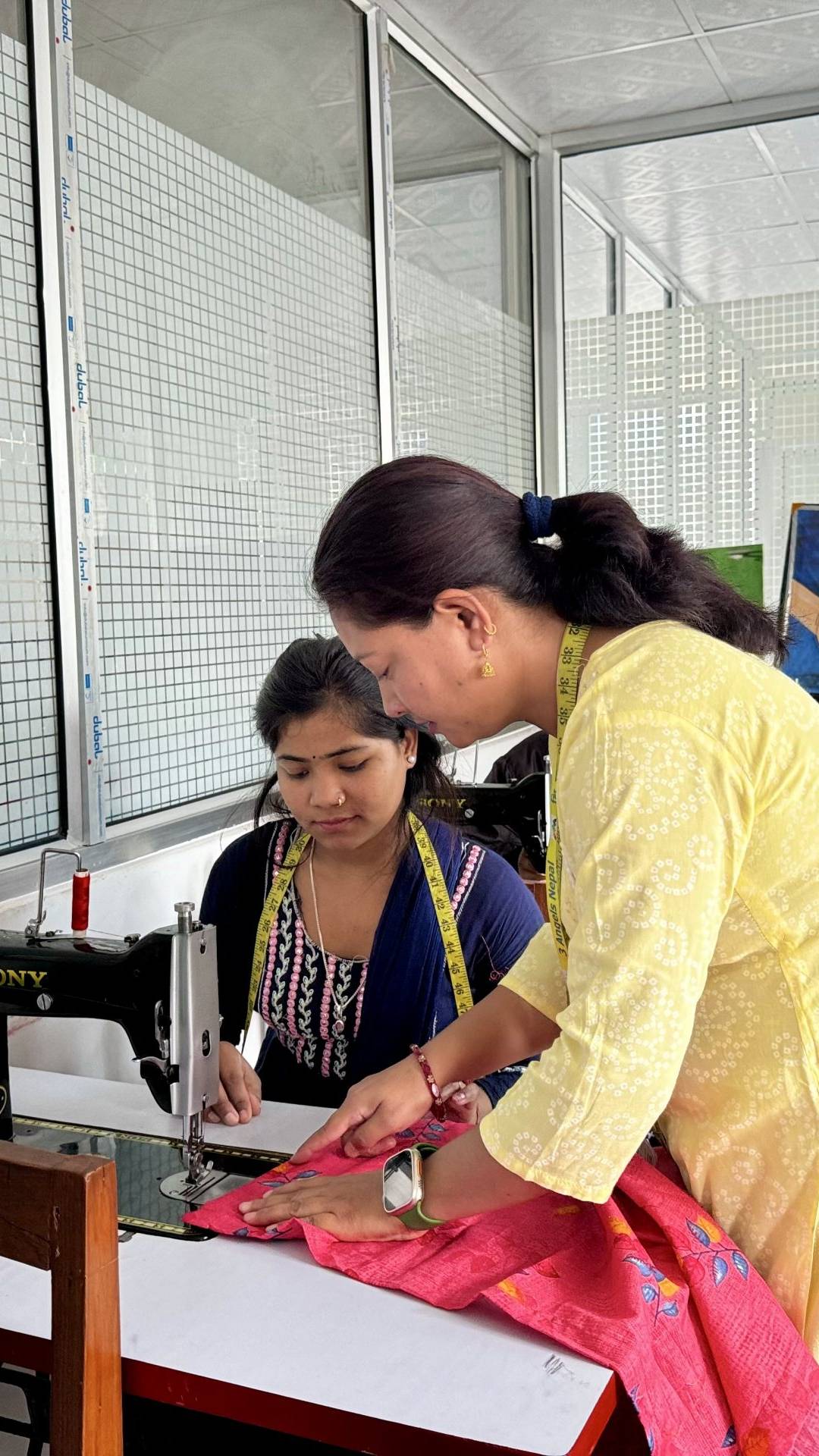
It all starts with her.
Captivating International empowers women because we understand the transformative impact of women’s empowerment in communities and nations. Through microfinance and skills development programs, we help women break the cycle of poverty, achieve independence, and positively contribute to their families and communities. Empowered women invest in their children’s education, health, and well-being, creating ripples of positive change.
Empowering women helps prevent exploitation and trafficking by strengthening resilience by providing sustainable alternatives. At Captivating, we believe women are naturally capable of delivering meaningful change when given the opportunity and support.
Be a part of the solution, protect lives, and transform futures!
Together, we can create a world where every person is valued, protected, and free from the threat of exploitation.
EMPOWERING WOMEN STORIES
26 June 2025
Transportation Costs For One School Day At A Time
In Ronas Garden, transport aid from our Manila Slum Program helped boost school…
0 Comments1 Minutes
11 June 2025
Simply Captivating: Our 2024 Impact Report
In 2024, your support directly impacted 12,000+ lives across Nepal, China & the…
0 Comments10 Minutes
5 June 2025
Meldrid Invests in New Cooking Equipment!
With a microloan from our One Hope Microfinance Program, Meldrid grew her food business,…
0 Comments1 Minutes
4 June 2025
Survival to Abundance: Preeti Reaches New Heights
Preeti grew her two-goat start into a thriving goat farming business in Nepal, earning…
0 Comments2 Minutes
30 May 2025
The Inseparable Kyrie and Joy
Once street children in Manila, Kyrie and Joy now study hard, support each other, and…
0 Comments1 Minutes
29 May 2025
With 60 Women To Start HET 2025
On April 14, 60 women began the 2025 Husky Tailoring Program, overcoming hardship with…
0 Comments2 Minutes
28 May 2025
Chicken and Pig Farming Launched This May!
In May, we launched pig and chicken farming projects in two villages in China, training…
0 Comments3 Minutes
28 May 2025
607 Women Receive Preventive Medical Attention in Panchkhal
607 women in Panchkhal received life-changing reproductive and mental health care during…
0 Comments3 Minutes
22 May 2025
Jizi Mogezha: No Longer Health For Income
Through our Chicken Farming Program, Jizi now earns from home, easing illness and…
0 Comments5 Minutes

